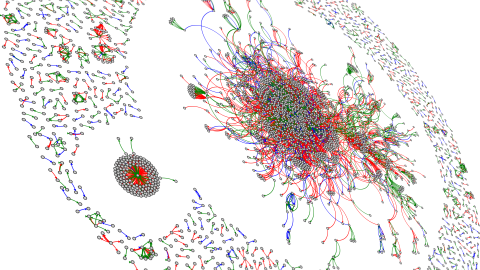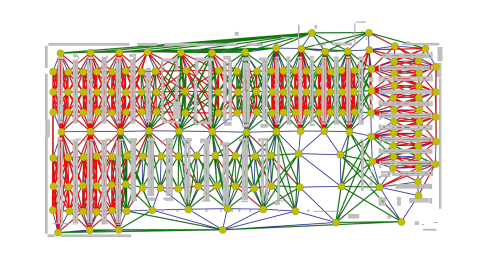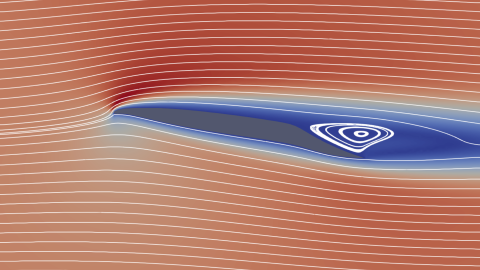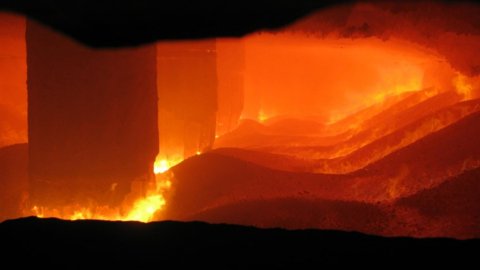Quantitative estimates for advective equation with degenerate anelastic constraint
Abstract
In this work with P.--E. Jabin, we are interested in quantitative estimates for advective equations with an anelastic constraint in presence of vacuum. More precisely, we derive a stability estimate and obtain the existence of renormalized solutions. The method itself introduces weights which sole a dual equation and allow to propagate appropriatly weighted norms on the initial solution. In a second time, a control on where those weights may vanish allow to deduce global and precise quantitative regularity estimates.





